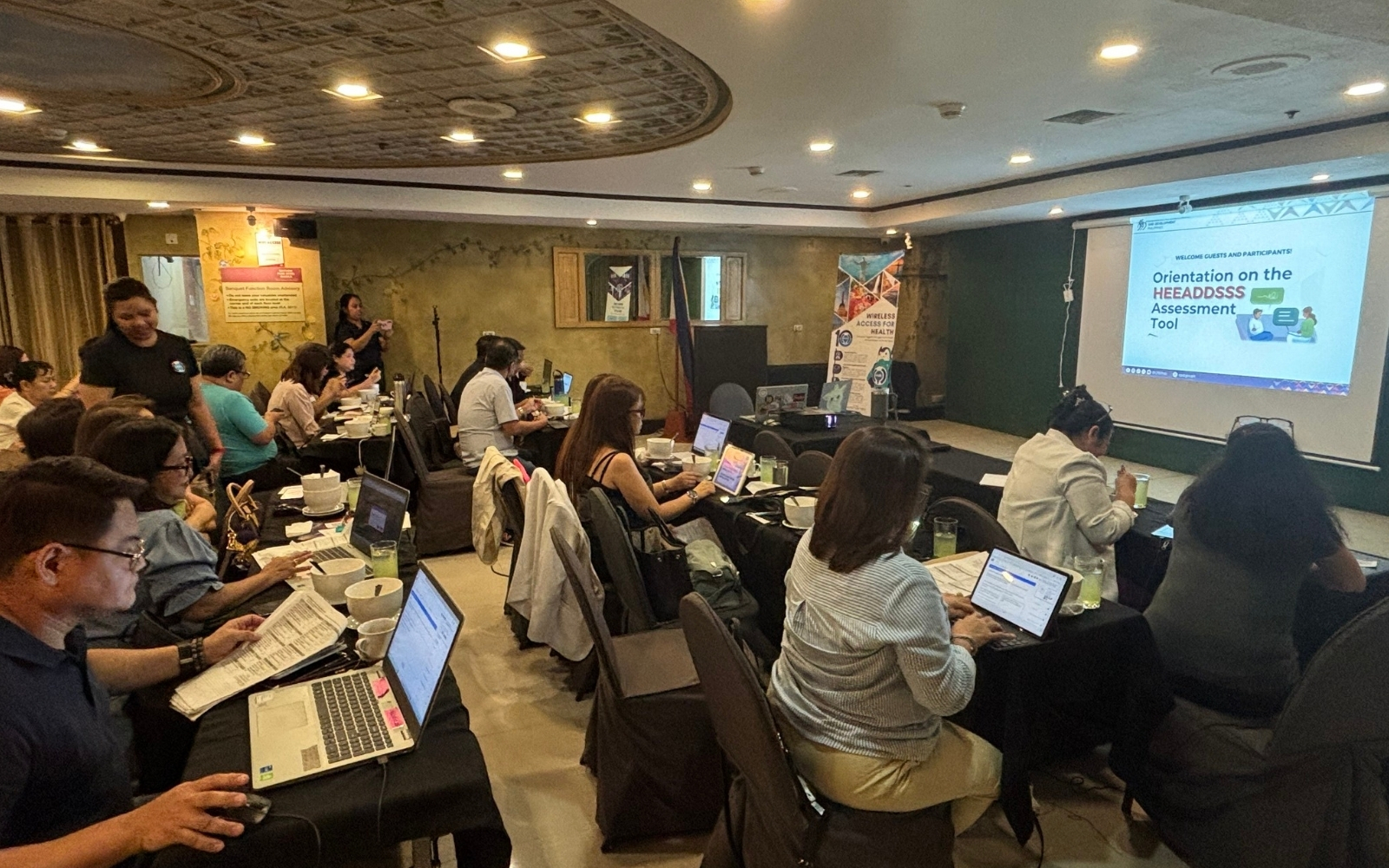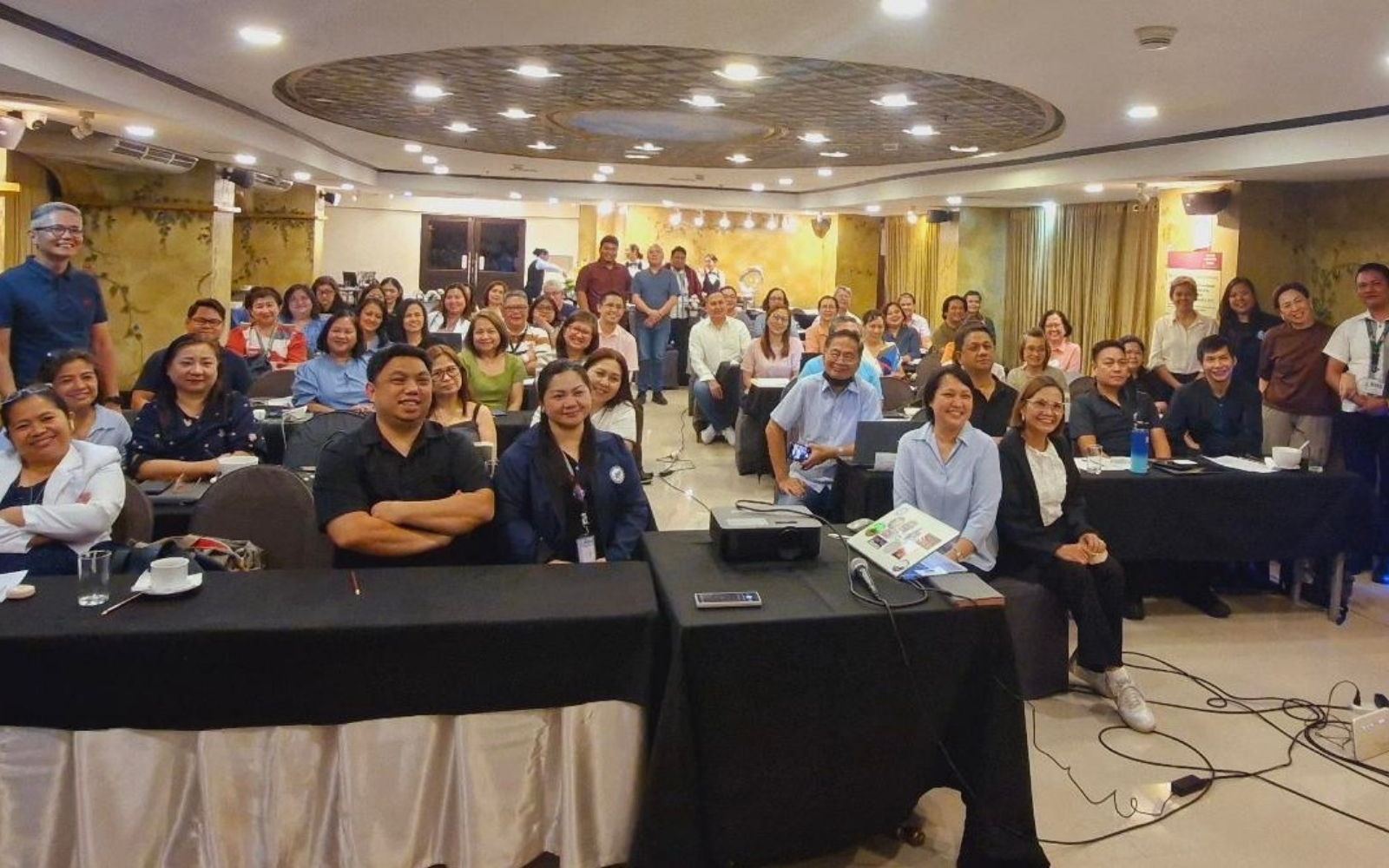Adolescent Health Training: Essential, Not Optional
Insights from the Field | by Dr. Anthony Faraon

The Zuellig Family Foundation, through The Challenge Initiative – The Philippines, supported the Manila Health Department’s (MHD) workshop on the Deployment of the Adolescent Sexuality and Reproductive Health – Family Planning Module in the City of Manila last March 19, 2025. The workshop aimed to enhance Health Service Providers (HSPs)’ capacities in managing adolescent health issues, particularly in sexual and reproductive health.
The sessions had clear objectives:
- Familiarize healthcare providers with the Home, Education, Eating, Activities, Drugs, Sexuality, Suicidal Ideation, and Safety (HEEADSSS) assessment framework for comprehensive adolescent care;
- Train personnel on accurately completing and interpreting the assessment in the WAH EMR (Wireless Access for Health Electronic Medical Record) system;
- Ensure the consistent use of the form to capture holistic health data;
- Enhance ability to identify psychosocial risks and mental health concerns; and
- Standardize documentation to ensure continuity of care.
Dominie Busacay of the Commission on Population and Development (CPD) provided an insightful overview of the Adolescent Job Aid 2.0 (AJA), which is designed to equip HSPs with the knowledge, skills, and attitudes necessary to provide sensitive, effective care for adolescents. The AJA 2.0 is divided into five parts, covering self-reflection and self-care for HSPs, understanding adolescent behaviors and health concerns, navigating health systems to ensure care, evaluation and supportive supervision for continuous improvement, and detailed protocols for common adolescent health conditions such as mental health, nutrition, sexual health, and abuse. All components align with the Department of Health (DOH)’s Omnibus Guidelines for Adolescent Health.
Despite the clear need for specialized adolescent healthcare, concerns were raised by several MHD physicians in attendance. A striking issue was that, out of the 50+ doctors employed by the city government, only four had received training on AJA. This situation is not unique to Manila; it appears to be a widespread issue across the National Capital Region (NCR) and possibly nationwide. This highlights several critical gaps in health worker capacity, including insufficient training on adolescent-specific healthcare, limited access to up-to-date resources, and systemic barriers such as overburdened workloads. Additionally, many healthcare workers struggle with biases and stigmatization, particularly when addressing sexual and reproductive health with adolescents.
Encouragingly, DOH-NCR will soon conduct a Training of Trainers on AJA for NCR Local Government Units (LGUs). However, it is concerning that only two trainers per city will be selected, leaving individual cities responsible for rolling out the training. This limited scope may further exacerbate the challenge of scaling adolescent-friendly services across the region.

In light of these challenges, various stakeholders must take on critical roles. The DOH and the CPD must prioritize expanding training opportunities for health workers, ensuring that all healthcare providers in adolescent-focused settings are equipped with the necessary skills and resources. LGUs must take responsibility for facilitating and implementing these programs at the local level, ensuring that a sufficient number of healthcare providers are trained to meet the demand. Meanwhile, organizations like ZFF-TCI, alongside other partners, can continue to offer support through advocacy, resource mobilization, and the provision of specialized training materials.
Adolescents are navigating a critical phase of rapid physical, emotional, and social change, and their healthcare needs require specialized attention. Despite this, many healthcare systems still struggle to provide appropriate care tailored to young people. Tools like AJA are invaluable in empowering healthcare workers with the resources and strategies they need to deliver comprehensive, age-appropriate, and empowering care. Training healthcare providers on these approaches is not just beneficial—it is essential. To improve adolescent health outcomes, all involved stakeholders must come together to address gaps in training, resources, and support, ensuring that young people receive the care and attention they deserve during this formative stage of life.